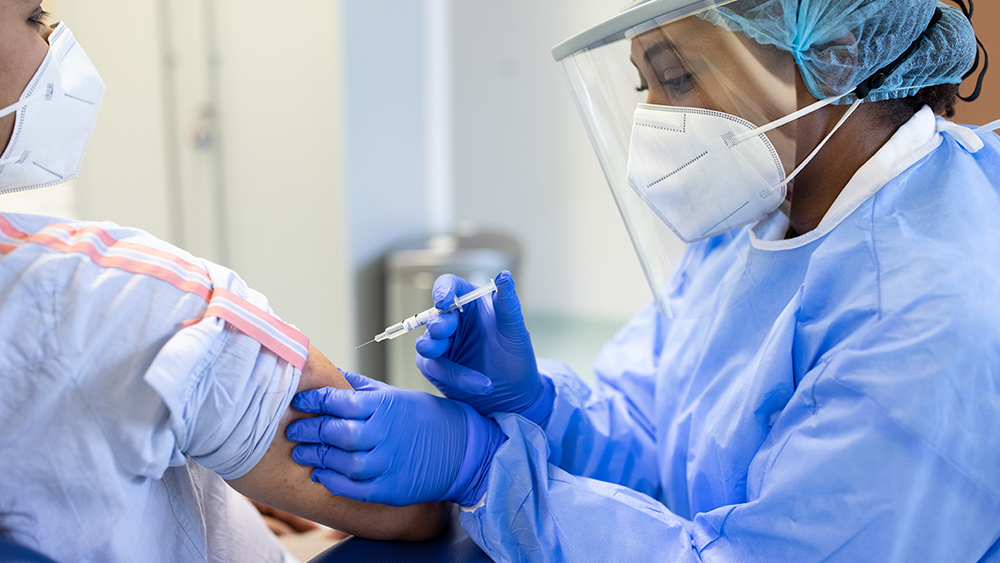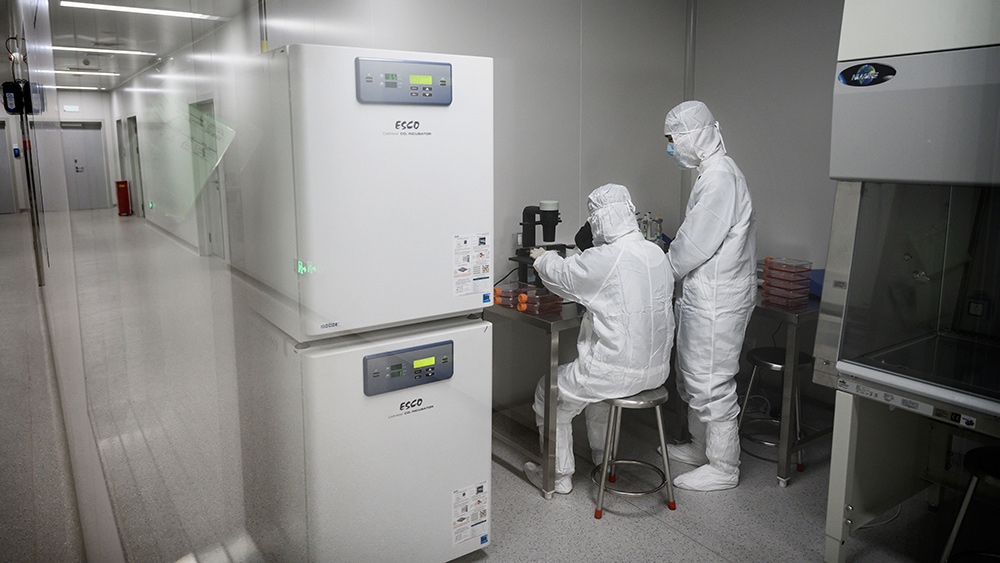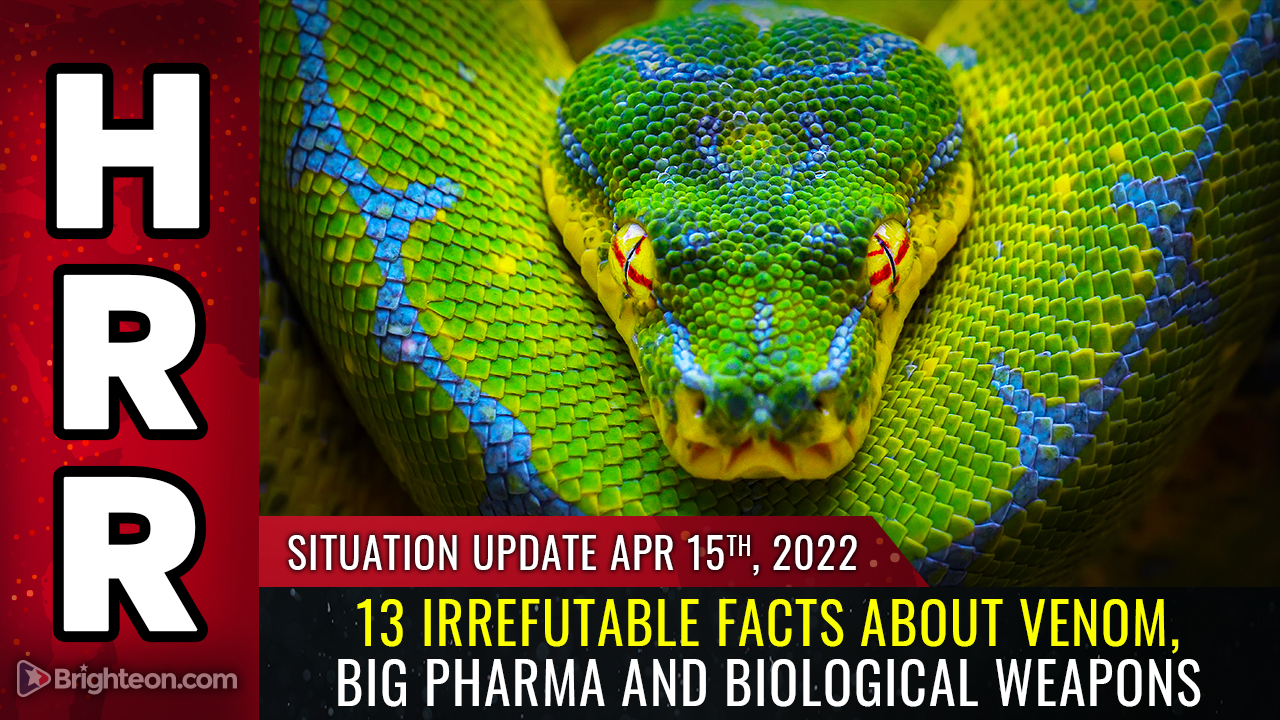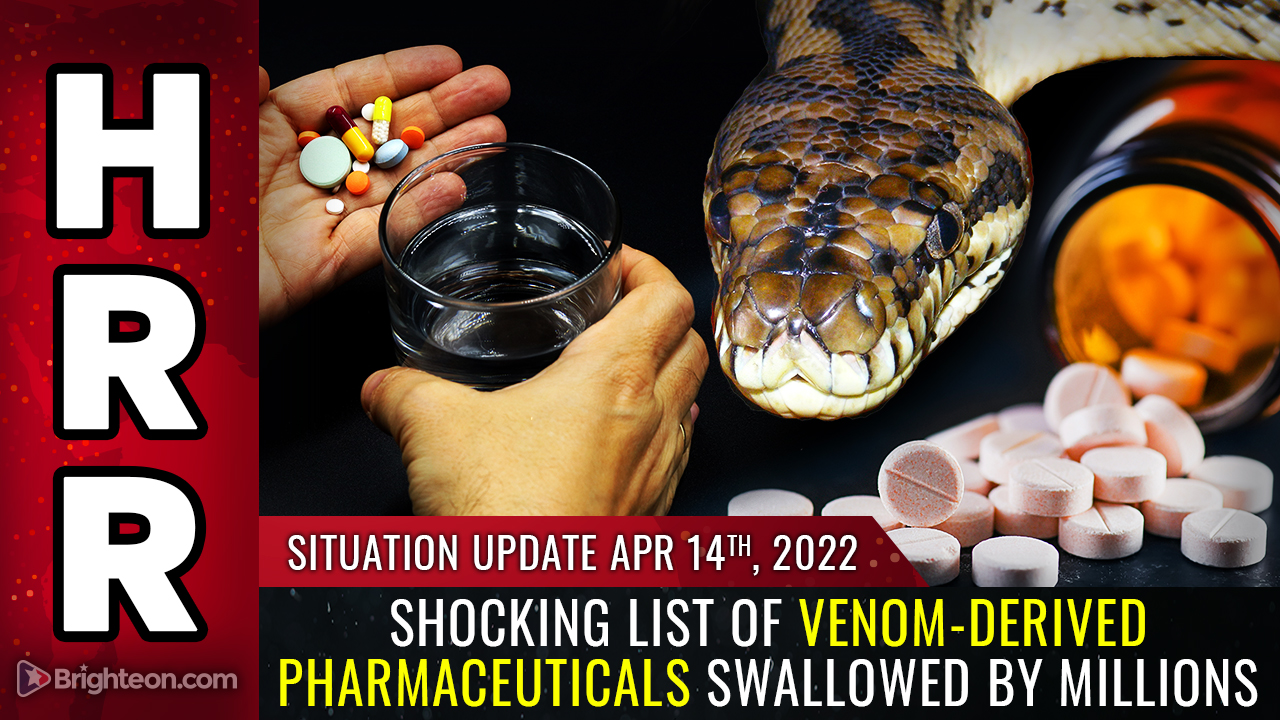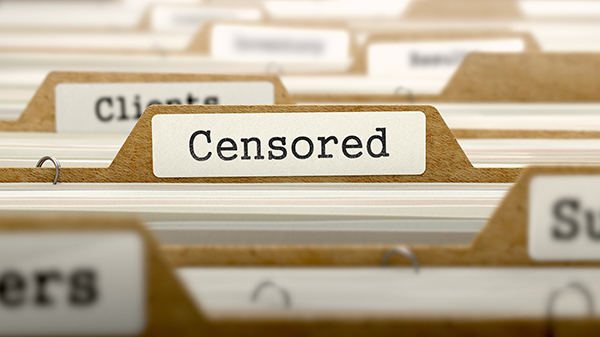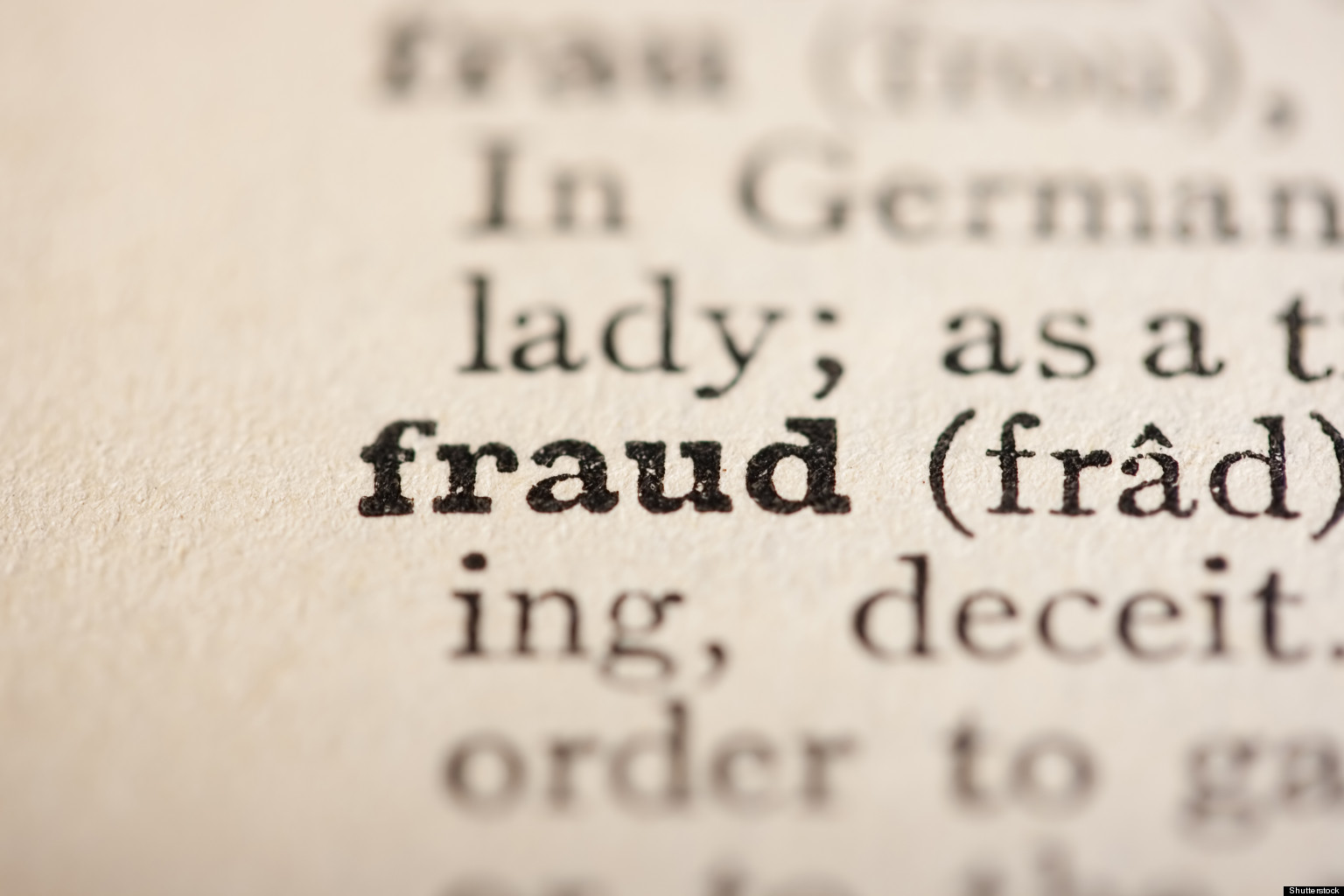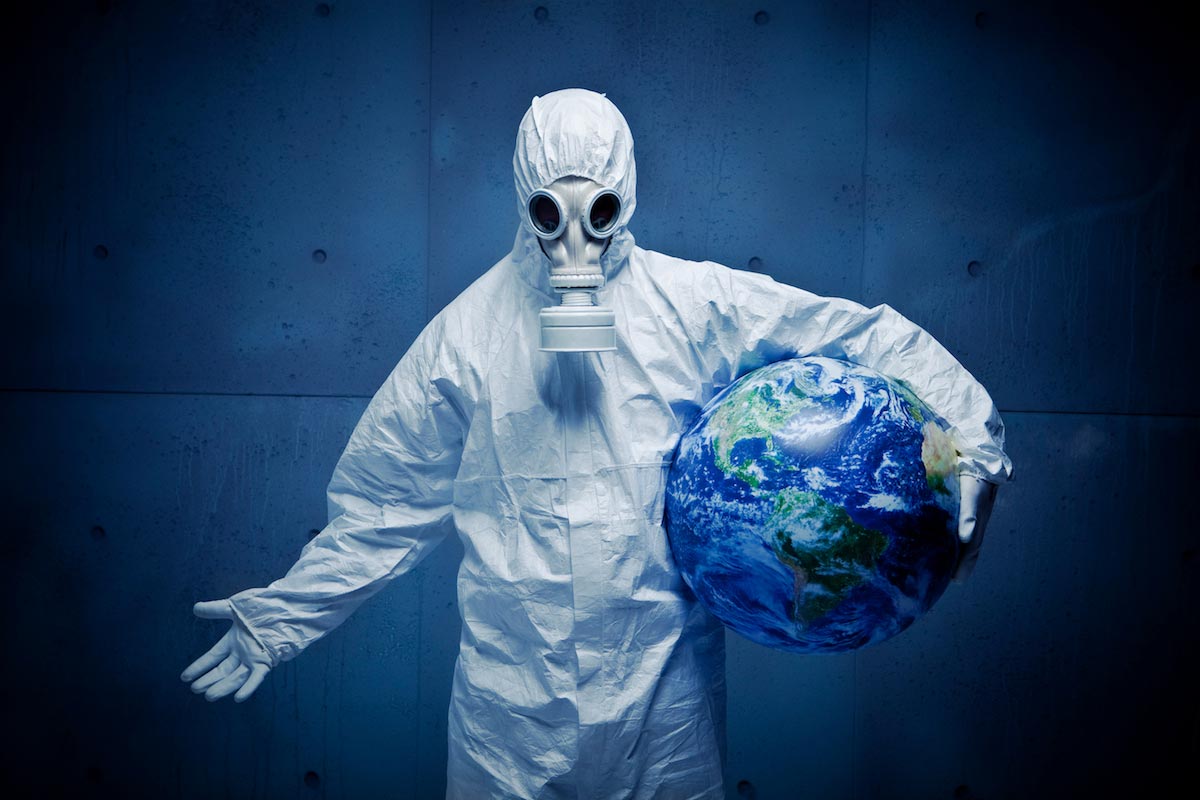EXPLOSIVE research: Chickenpox vaccine linked to widespread increase in shingles
06/28/2018 / By Cassie B.
If you ever had chicken pox, you probably have some unpleasant memories of the unrelenting itch and long soaks in an oatmeal bath looking for some relief. Most kids today will never know the misery of a bout of chicken pox because of the chicken pox vaccine, but it looks like all of us could be paying a pretty big price for it in the form of shingles.
The chicken pox vaccine, also known as the varicella vaccine, was added to the childhood vaccination schedule for babies aged 12 to 15 months in 1995. In light of waning vaccine effectiveness, it was later recommended that kids aged four to six also get a second booster shot. There might be fewer cases of chicken pox now, but what we’re seeing a lot more of is a related and more serious problem, herpes zoster, or shingles.
When you get chicken pox, the virus will remain latent in your body. If it’s reactivated later in life, it can reappear as shingles. Before the vaccine was introduced, most adults were able to avoid getting shingles because their exposure in their communities to natural chicken pox regularly boosted their cell-mediated immunity to it. In other words, exposure to chicken pox in adults helped protect them from getting shingles.
In fact, the authors of a 2002 study warned that mass chicken pox vaccination would spur a serious shingles epidemic that would strike more than half of those who were between the ages of 10 and 44 at the time it was introduced.
Now, research published in the Annals of Clinical Pathology claims that the CDC and the Los Angeles Department of Health Services actually colluded to bury research showing a link between its Universal Varicella Vaccination Program and the national rise in shingles cases.
Author Gary S. Goldman is a former research analyst for the Los Angeles Department of Health, and he monitored the introduction of the chicken pox vaccine. He says that by 2000, he was hearing a lot of anecdotal accounts from school nurses about an inexplicable rise in shingles cases among students. He found that the vaccine was not only accelerating the recurrence of shingles among children who had naturally gotten chicken pox, but it was also boosting the chances of adults getting shingles.
Goldman says the CDC stopped him from making his data public. He listed 23 actions they took to try to downplay his findings, including attributing them to incorrect subgroups, statistically disguising them, manipulating their own data, printing selective studies, and pressuring the editors of journals into delaying the publication of his work. He recounts how they masked the upsetting trend by averaging the vaccine’s effectiveness over several years instead of listing it year by year, and he says they also tried to discredit him.
Chicken pox vaccine driving demand for the shingles vaccine
Not surprisingly, the CDC’s answer to the rise in shingles is to recommend the shingles vaccine. As Goldman points out, this move sees people shelling out $200 a dose for protection that they would have gotten for free from childhood chicken pox. Moreover, it’s not terribly effective, with one study on adults over the age of 50 showing the vaccine is only 50 percent effective during the first year, and it has “no effect” five years after vaccination. That’s too bad, because shingles causes a very painful rash that oozes fluid and can take up to four weeks to heal.
While chickenpox is certainly uncomfortable and not an experience most of us would like to repeat, it’s actually pretty mild when you look back on it. Few people would say the same about shingles.
Read more news about vaccines at Vaccines.news.
Sources for this article include:
Submit a correction >>
Tagged Under:
adverse events, buried research, CDC, chicken pox, Chicken pox vaccine, Collusion, Cover-Up, disease causes, infectious disease, outbreak, shingles, shingles vaccine, side effects, suppressed science, vaccine damage, vaccines, Varicella, varicella vaccine
This article may contain statements that reflect the opinion of the author
RECENT NEWS & ARTICLES
COPYRIGHT © 2017 SCIENTIFIC NEWS


